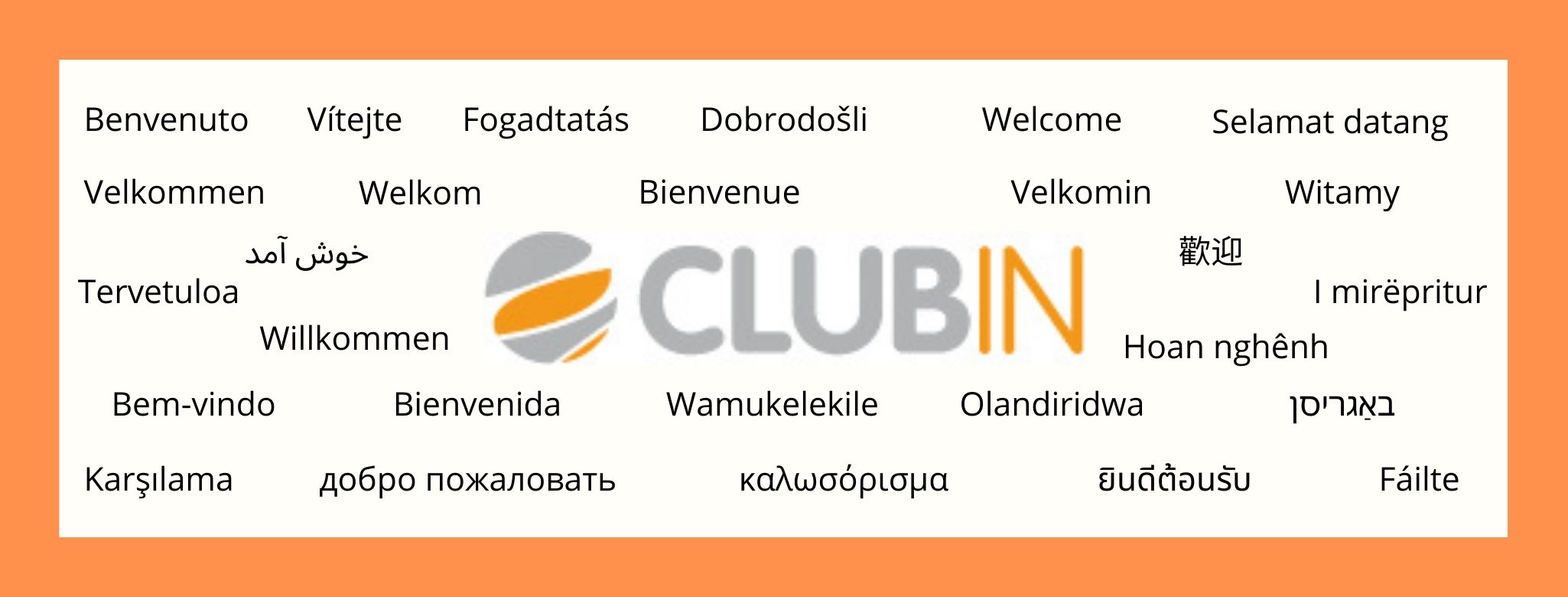The question of my identity

By Maria Schmidt*
“Hey, you speak Argentine Spanish. Are you from Argentina?”
“Yes, but I grew up in Germany. I’m a German-Argentine.”
“You? German? Nooo, I don’t believe that.”
“But it’s true…”
“But you don’t seem German at all! You don’t even look German!”
“But I am German.”
“Nooo, admit it, you’re just Argentine.”
“Yes, that too! But also German!”
This is how a conversation went in a Spanish club in 2022. Back then, I was there during my Erasmus exchange. During my stay, I often had similar, seemingly pointless discussions. But where did this confusion come from?
I was born in Argentina, which makes me Argentine. My father is a German citizen, which makes me German as well. At birth, I received two citizenships. For the German government, this was still a problem until recently. Only in a few exceptions were people allowed to keep both nationalities without having to choose one at a certain point in time. I am one of those exceptions.
But it’s not only the government that questions my national identity. When people find out that I’m German-Argentine, it often leads to confusion and surprise. Many feel the need to put me into a specific box. And to some extent, that’s understandable. We humans create categories to make sense of the world around us. They help us assess people and situations because these categories are usually tied to certain expectations. Belonging to a nation isn’t just about sharing a territory and a language — it also involves a shared culture in terms of values. In this context, clichés and stereotypes also play a significant role.
At the same time, a “reserved German” and a “loud Argentine“
Every culture is associated with assigned stereotypes, which simultaneously shape the expectations placed on a person. For example, Germans are often seen as reserved, responsible, and punctual, whereas Argentinians are described as loud, passionate, and attractive. This attribution of personality traits based on national identity can lead to a strong identification with one’s nationality. It’s a bit like how some people view their zodiac sign as an essential part of their identity.
Of course, one can only be born in one single territory, but it’s possible to grow up with two languages, cultural value systems, worldviews, and even religions. I don’t think it’s a stretch to assume that most people with dual nationality have been confronted with the question of having to choose between the two.
In conversations with other people of dual nationalities, I noticed that the greater the contrast between the stereotypes of their respective national identities, the greater the confusion of the other person. In my case, the confusion seems to be quite significant: How can someone be both reserved and passionate at the same time? I also notice that depending on the situation, people tend to place me in one category or the other. For example, in a club, as described in the example above, men often dismiss my German nationality in favor of the more attractive Latin American identity.
For some, all of this may sound trivial. But what I am confronted with in these situations is my own struggle with my identity. I often find myself in a position where I have to explain myself, as simply saying, “I’m German-Argentine” doesn’t seem to be enough. I also realize that I am more mindful of how I present myself depending on the situation. I frequently ask myself: “How will the person react when they find out that I am also Argentine or German?”
What does it really mean to be German or Argentine?
If it weren’t for these confrontations, I might never ask myself these questions. I am who I am, because what does it really mean to be German or Argentine? Am I not Argentine enough because I didn’t grow up there? Am I not German enough because I was born in Argentina? There will always be people who consider me “not enough” and will exclude me because of it. And of course, that hurts.
With the current political developments in Germany, I am becoming aware of this again. I feel German; I am German. But is that enough for those who want to take away the German nationality of people with dual citizenship and deport them? And if it is, do I still want to be a member of a German nation where such people might potentially govern?
In that sense, I consider myself lucky. As the German-Uruguayan musician Jorge Drexler sings in his song “Movimiento” (Movement), I am “from nowhere and from everywhere a little.” I am not just German. But if as a society, we fail to stop the far-right movement in this country and protect democracy, I think many Germans will have to ask themselves what it means to be “German.”
* Name changed
Translated by Joeline O‘Reilly
